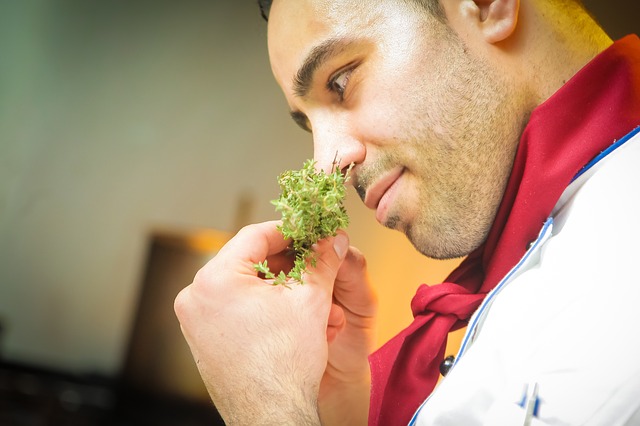According to popular belief, humans have a poor sense of smell. But that’s just a myth, according to a new study. Humans are actually quite good at smelling things out, literally.
The belief comes from a 19th century theory on free will, and not on scientific evidence, the New York Times reports. John P. McGann, a neuroscientist studying olfaction at Rutgers University, examined how this myth became common knowledge.
McGann says,
We’re discovering, to our delight, that the human smell system is much better than we were led to believe.
How humans sniff is different from other mammals, “but actually in ways that suggest that it could be more powerful than mice and rats and dogs.”
The human nose smells using special cells that capture chemicals from the environment, which in turn send signals to the olfactory bulb in the brain. This bulb then sends information to other parts of the brain on what odor is in the nose, so that the brain makes sense of it all, associating the smell with other stimuli and combining it with memories and emotions.
Paul Broca, a French physician in the 19th century, studied the human brain in an attempt to understand what made humans different from other animals. He compared the brain’s frontal lobe and the olfactory bulb to that of other mammals, and categorized animals into what he called “smellers” and “non-smellers.” Humans were put in the second category.
Broca argued that large olfactory bulbs forced animals to yield to their base desires, while humans had free will in their frontal lobes, helping them resist urges brought on by smell. Later on, scientists continued to simplify Broca’s findings without testing his theory on animals.
Now, many think that the small olfactory bulb in the human brain doesn’t help, because animals have bigger systems to process odors. But smells influence human behavior, memories and emotions, as there are trillions of odors in the world.
McGann says, “Different animals in different ecological niches have different problems they need to solve. We’re all trying to understand the same sensory world, so if you’re a really big animal you might need to have more neurons devoted to touch because there are a lot of spaces you can touch on. But you don’t necessarily need to smell more smells because you’re bigger.”
The study was published in Science.
























